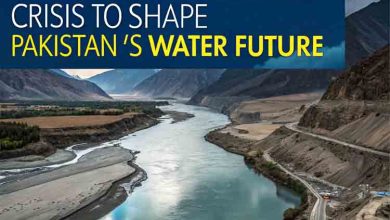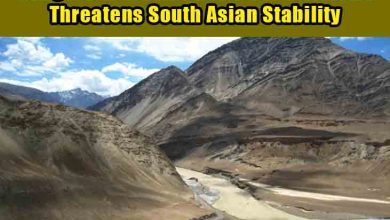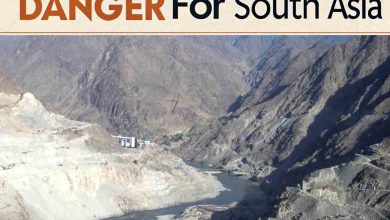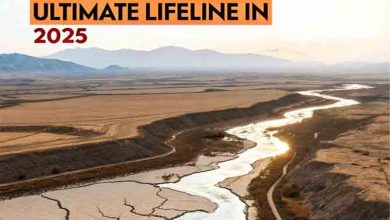Islamabad: Minister of State for Petroleum Musadik Malik on Thursday warned of a possible electricity and gas crisis in the summer and winter of this year.
The state minister, in an interview with a private news channel, blamed the previous government for this possible crisis. He maintained that the PTI government had the chance to seize a long-term deal when gas was available for $4 in the international market, but they failed to do so. He added that LNG was not present even at the $40 rate. He also said that the previous government did not even allow “a single LNG terminal”.
Highlighting the rising waters in dams as a result of pre-monsoon and monsoon rains and their possible effect on increased hydropower generation, Musadik Malik, however, added that the inflow of water in dams would increase after July 15, resulting in increased power generation.







